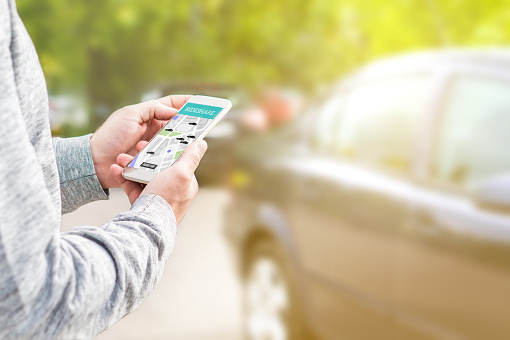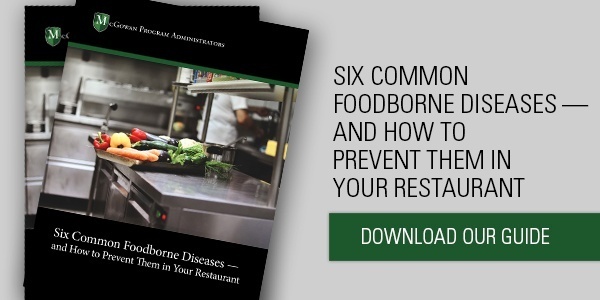It’s tempting to believe that rideshare services like Uber and Lyft can prevent accidents and save lives — especially if you own restaurants or other hospitality businesses that serve alcohol.
Alcohol-impaired drivers accounted for more than 10,000 fatalities in 2015 — 29 percent of all crash deaths — according to the National Highway Transportation Safety Administration. Those kinds of stats are never far from the minds of those who confront the inherent liabilities of serving beer, wine, or mixed drinks to their customers.
In that context, data suggesting that alcohol-related crashes or deaths have declined in areas served by ride-hailing companies is welcome news for dining and hospitality businesses. Intuitively, this seems plausible: Rideshare apps let people who’ve over-imbibed call a driver directly to their location and pay the fare via a smartphone app, so there’s no stress over having enough cash or calculating the tip. Calling a cab can be a lot more complicated.
But Can Rideshare Apps Really Reduce Alcohol-Related Carnage?
In 2015, Uber published a study reporting that DUI arrests in Seattle had fallen 10 percent after the company’s arrival in the city. Since then, however, a host of studies have produced contradictory findings, according to an April 2017 roundup in the New York Times, which reported that:
- Alcohol-related car accidents fell by 25 to 35 percent in four boroughs of New York City after Uber’s arrival in 2011, compared with other locales that did not have Uber service. (Study: “New York City Drunk Driving After Uber”)
- A comparison of 100 of the most populous metro areas in the U.S. found no link between traffic fatalities and the arrival of Uber services. (Study: “Uber and Metropolitan Traffic Fatalities in the United States”).
At least two more studies cited in the Times article found an association between Uber and declines in automotive fatalities.
The challenge here is that correlation does not mean causation. Studies and surveys have shown that young people across the U.S. drink less and drive less than they did in previous decades — suggesting that macro-level changes in personal habits could also play a role in the declines in drunken-driving incidents.
Furthermore, as the Times article notes, there are simply too many variables to reliably demonstrate a causal link between the availability of a ride-sharing app and the likelihood of a drunken-driving tragedy. And while the logic of rideshare apps reducing drunken-driving risk seems solid, people tend to behave illogically under the influence of alcohol.
A way forward for restaurants
Uber operates in more than 700 cities in 80 countries, while Lyft operates in more than 600 cities in 48 U.S. states plus the District of Columbia. If you serve alcohol in one of these cities, it’s worth exploring the benefits of these services, both of which have programs that can provide discounts to your customers (Uber | Lyft). You also might consider training your bartenders, wait staff, and cashiers to encourage customers to explore rideshare service apps and consider using them.
Download: Restaurant Package Insurance Application
Anything that effectively discourages customers from drinking and driving should be up for discussion. Even small declines can prevent unnecessary tragedies, reduce the risk of liability claims and hold the line on insurance rates.
Whatever you decide, you can’t reduce the likelihood of alcohol-related liabilities to zero. That’s why McGowan provides a strong lineup of insurance packages designed specifically for restaurants.
Speak to a Representative About Restaurant Insurance Today



